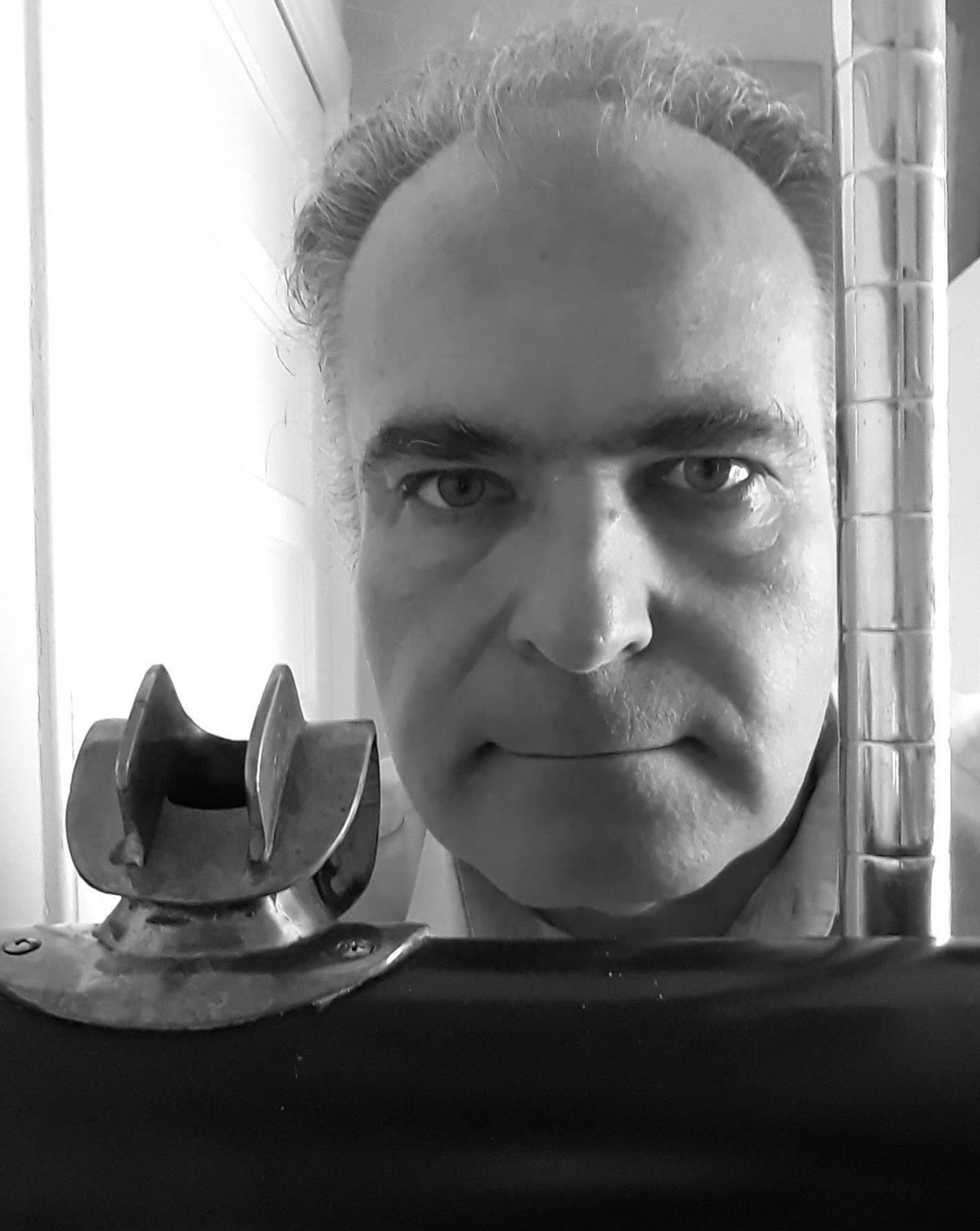“...an opera about tinnitus? How on earth did that idea come about?”
That’s what people usually say once they’ve asked me what I’m doing at the moment, but that was the easy part. Gregor needed a text about his novel in English to be checked, and when I saw what the subject was I immediately replied, “a novel about tinnitus? We just have to make an opera about that.”
Reading The Shape of Sound and I soon started wondering if my idea had been such a good one after all. Gregor himself has mentioned “sentences sloshing over the page edges”, and while his writing is gloriously evocative and acutely observed it is far too dense to be transformed easily into a libretto. The performance of my third opera was done on a remote island off the coast of Estonia in the summer of 2019, so I had plenty of days in which to re-read the novel and pick out parts of the text that were suitable for the singing voice while keeping as much of the essence of the narrative as possible. I’ve been used to writing my own librettos until now so drawing on a source like this has been a new experience. I didn’t want to lose the qualities in the writing which make it special but it has to be a huge reductive process. In time a framework emerged. Gregor has now made his own additions and subtractions to the final text, the music is now being composed, and it’s going to be a substantial piece.
I’ve instrumented ‘The Big T’ with string quartet and piano, with electronic soundtracks for further atmosphere and variety. This is a kind of ‘tabula rasa’ idea: an instrumentation which allows for chamber-opera scale, but that can also be increased if desired. There are no performance plans as yet so this is in part a pragmatic approach, but one of Smetana’s string quartets and other chamber/string moments are quoted in the piece, so it was also a logical starting point.
Music is all about soundwaves in air and communication between fellow humans. Tinnitus is that strange opposite: silent to the outside world, and potentially overpowering to the person experiencing it. This is a work that explores inner worlds and the emotional torment and disruption it has on people’s lives. The text also reflects on the aspect of time: a time before tinnitus for the central character Ferdinand; the tinnitus suffered by composers of the past, as well as the time for survival or non-survival of this crippling affliction, and that time that needs to be taken to move towards some kind of future and reconciliation.
Dominy Clements: Podiumbureau/Career Development Office
Dominy Clements studied at the Royal Academy of Music in London and with Louis Andriessen at the Royal Conservatoire in The Hague. His previous operas are An Enlightened Disciple of Darkness on the life of Estonian-born inventor Bernhard Schmidt (1897-1935), Der nordische Baer on the life and work of Estonian naturalist and explorer Karl Ernst von Baer (1792-1876), and Cigars, Biscuits and Cognac: Bernhard Schmidt 1935 on the inventor’s last train journey to Leiden. All of these have been produced and performed at various venues in Estonia. He works as manager of the Podiumbureau and Career Development Office of the Royal Conservatoire in The Hague and as a freelance translator, writer and performing musician, also writing as a CD critic for MusicWeb International and as a staff writer for the Naxos record label.
